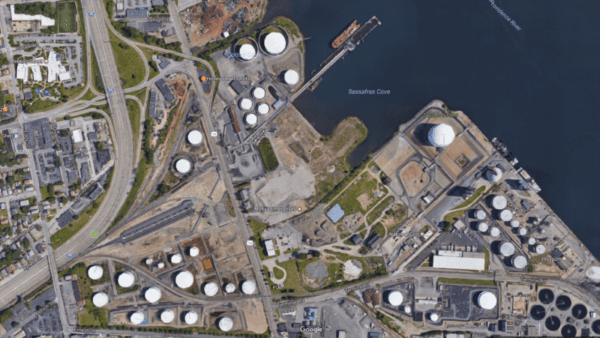Rolling Back EPA Pollution Permits and Projects: Can They Do That?
The Trump administration could try to halt the EPA’s work to protect New England’s waters, but CLF will be ready to fight back.
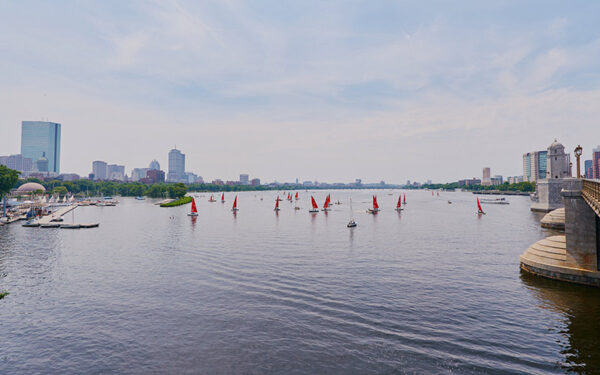
The Trump administration could try to halt the EPA’s work to protect New England’s waters, but CLF will be ready to fight back.

Numerous beach closures in the summer of 2023 were a result of climate change and stormwater pollution.
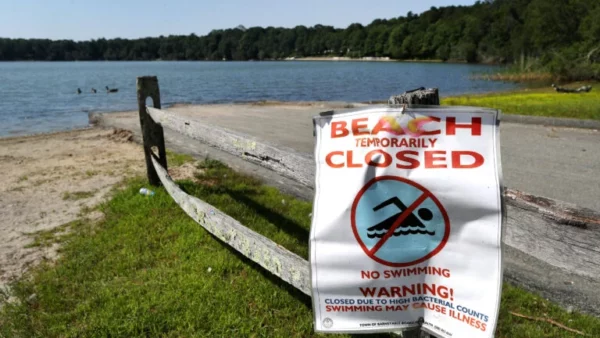
Stormwater pollution is shutting down Rhode Island’s ponds and beaches. CLF is calling on EPA to hold polluters accountable for their dirty discharge.

Stormwater pollution is making Rhode Island waters unsafe for swimming, fishing, and boating. CLF is asking the state’s Department of Environmental Protection to hold polluters accountable for their runoff.

“No one should be given a free pass to pollute Rhode Island waters,” said James Crowley, Staff Attorney at CLF. “Years of toxic runoff have endangered our waters, closed our beaches, and threatened important wildlife habitats. Our communities deserve to enjoy these areas without being sickened by toxic pollution that has gone unchecked for decades. The state has the power to hold these polluters accountable and it must act now to protect our waters for future generations.”
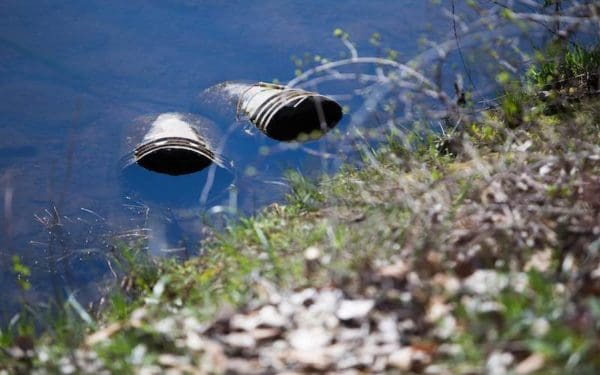
“What isn’t a solution is leaving a very dirty facility like this right at sea level in a Federal Emergency Management Agency flood zone with no consideration of the impacts of climate change,” said Chris Kilian.
“Shell’s facility is an accident waiting to happen,” said Chris Kilian, Vice President of Strategic Litigation at CLF. “One severe storm could result in the terminal spilling toxic chemicals into the Providence River and surrounding communities. The company has failed to prepare the facility for the effects of climate change, even as sea levels continue to rise and stronger storms are becoming more frequent. We will continue the fight to protect the community and our environment from the dangers posed by this terminal.”
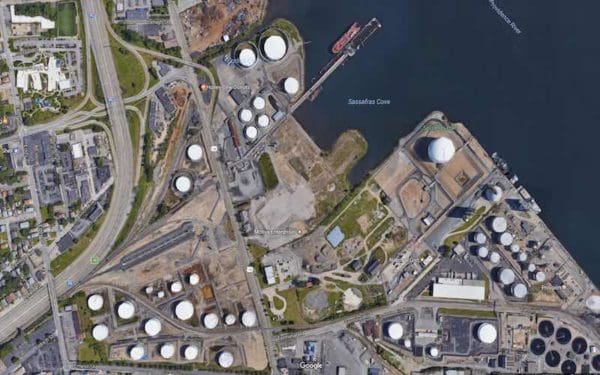
Allan Kanner, a lawyer for the CLF, argued that the risk has been made clear already. During the historic spring floods in 2010 that inundated large parts of Rhode Island, storm water washed contaminants from the Shell terminal into the river, he said.
“It’s essentially an admission on Shell’s part that the risks we’ve identified in our case are real and imminent,” said Bradley Campbell, president of the CLF, which filed the lawsuit against the oil giant last August.
“This weekend, we saw thousands of homes destroyed, streets flooded and families displaced by Hurricane Harvey,” said CLF president Bradley Campbell. “We can’t wait around for the next natural disaster to inundate our communities. Shell’s facility sits on the banks of the Providence River, poised to spew toxic chemicals into our waters and our neighborhoods with no adequate safeguards in place. If the loss of life and damage from storms like Hurricane Harvey aren’t enough of a wake-up call, then legal action is needed to protect the public.”
